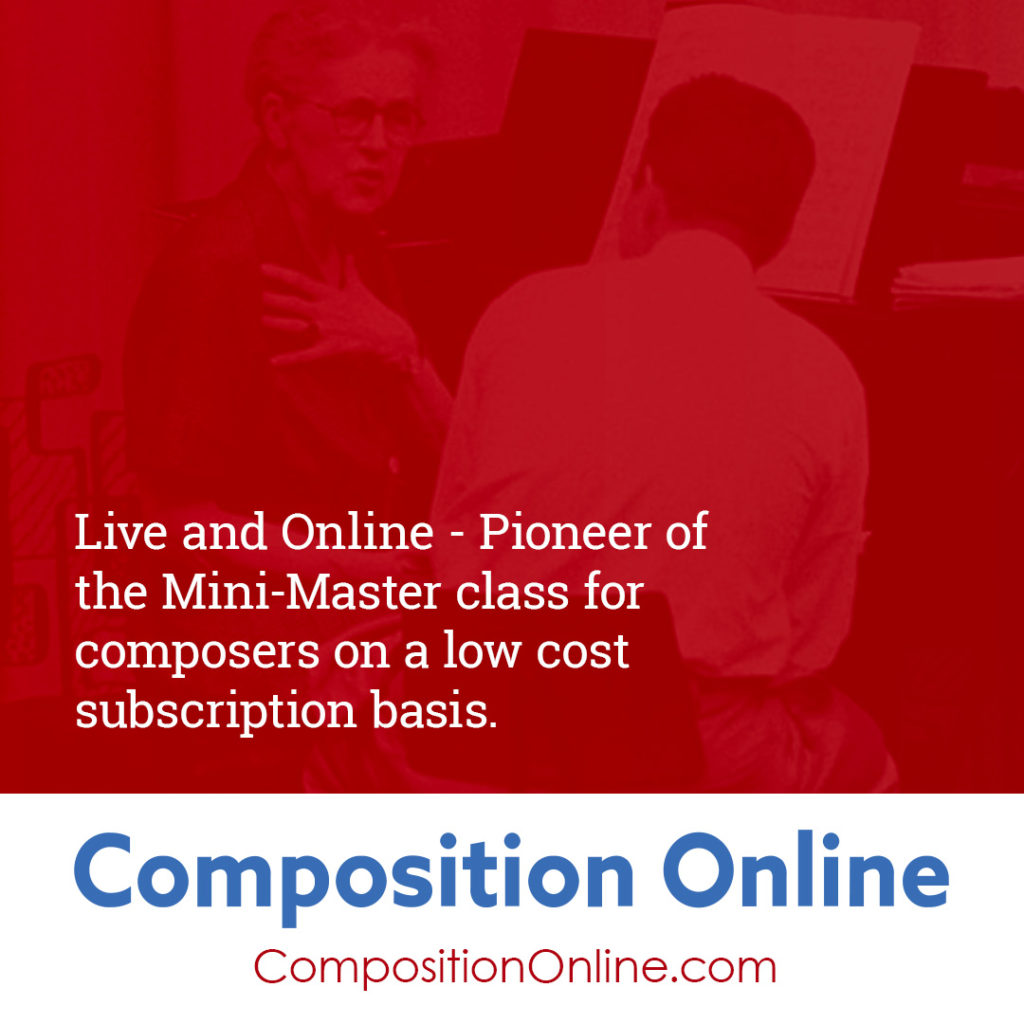Back in the day, when we were young students in theory class, there was a path of learning that closely tracked the development and evolution of harmony, voice leading, and counterpoint in music history over the past 400 years. The musical language of Haydn, for example, expanded in the work of Mozart, and of course Beethoven. Earlier, we studied Bach and his language, then his sons.
Student assignments would closely track and follow the language and techniques of composers for those time periods we were studying, and generally involved composing short pieces (never long ones) in the style of a composer. This “learning by doing” approach gave us a solid foundation towards the understanding of music and the building blocks for future study and application. Music majors in these classes included both performers and composers.
To be clear, we were not being taught for the purpose of creating new composers in the style of Mozart, or Brahms, as a compositional way of life. These assignments were exercises and stricly for learning purposes. It would be preposterous to consider or propose such a thing. These composers were reflective of the music of the time, written in context, developmental, and the expansion of new ideas and manner of artistic expression. Who could compose like Brahms today and think for a moment of imitating or outdoing him? It’s pretty presumptuous, to say the least. Brahms was, among other things, an expansionist. More than a century later, that expansion has come and gone, and gone further.
Stunted Growth
Nowadays, and for a myriad of reasons, there are more composers in the world than ever before in history. I will not pretend to be able to point to any studies that statistically support such a conclusion, but it surely seems that way. Technology of course is at the root of this growth. Profits derived from college and university tuitions are another driver of this as well as institutions of higher learning charging as much as $70,000 per year as they derive as much economic pleasure as possible while churning out a steady stream of composers into the world.
However, there is a most disturbing trend that has emerged from this frenetic new composer activity. A significant number of composers have seized upon the compositional exercises of their university theory classes, and to only compose works in the style of great masters from the 19thcentury and earlier. The student exercise has become the end of the road. Composers now make careers out of composing in the style of Chopin, Brahms, Mozart and other bygone composers.
The general public reacts to the music of such composers because the styles are familiar to them, although there is nothing new, identifiable, distiguishable from others, bold or innovative. This is easy listening, and, quite frankly, easy composing.
Growth has become stunted.
Developing Your “Voice” Is Hard Work – Imitation Is The Lazy Way
It takes a great deal of time and effort over many years for talented composers to develop an individual sound, or style. One cannot simply make a conscious decision to begin a new piece and create a style at the snap of a finger. Style and individual voice formulation is a monumental effort, and to a large extent begins with learning how to write well in the style of composers in earlier times. Then, through the development and achievement of a high level of musicianship and a dedication to improvisation and subsequent compositional editing that the path towards individualism emerges.
The world is chock full of composers nowadays, and while there is a feeling of instant gratification that comes from the completion of a work that has shape and meaning, there is a much higher level of achievement that arises from the development of individual style and voice. None of us will ever write a better fugue then Bach, a more moving prelude then Chopin, or a stirring piano concerto like Grieg. Like the expression goes – be yourself, because everyone else is taken.
Steve Lebetkin is the founder of Composition Online, a pioneer in extended learning for professional composers, and the developer of the Mini-Master Class – Live and Online continued learning for composers worldwide. For more information please direct your inquiries to: scores@compositiononline.com
